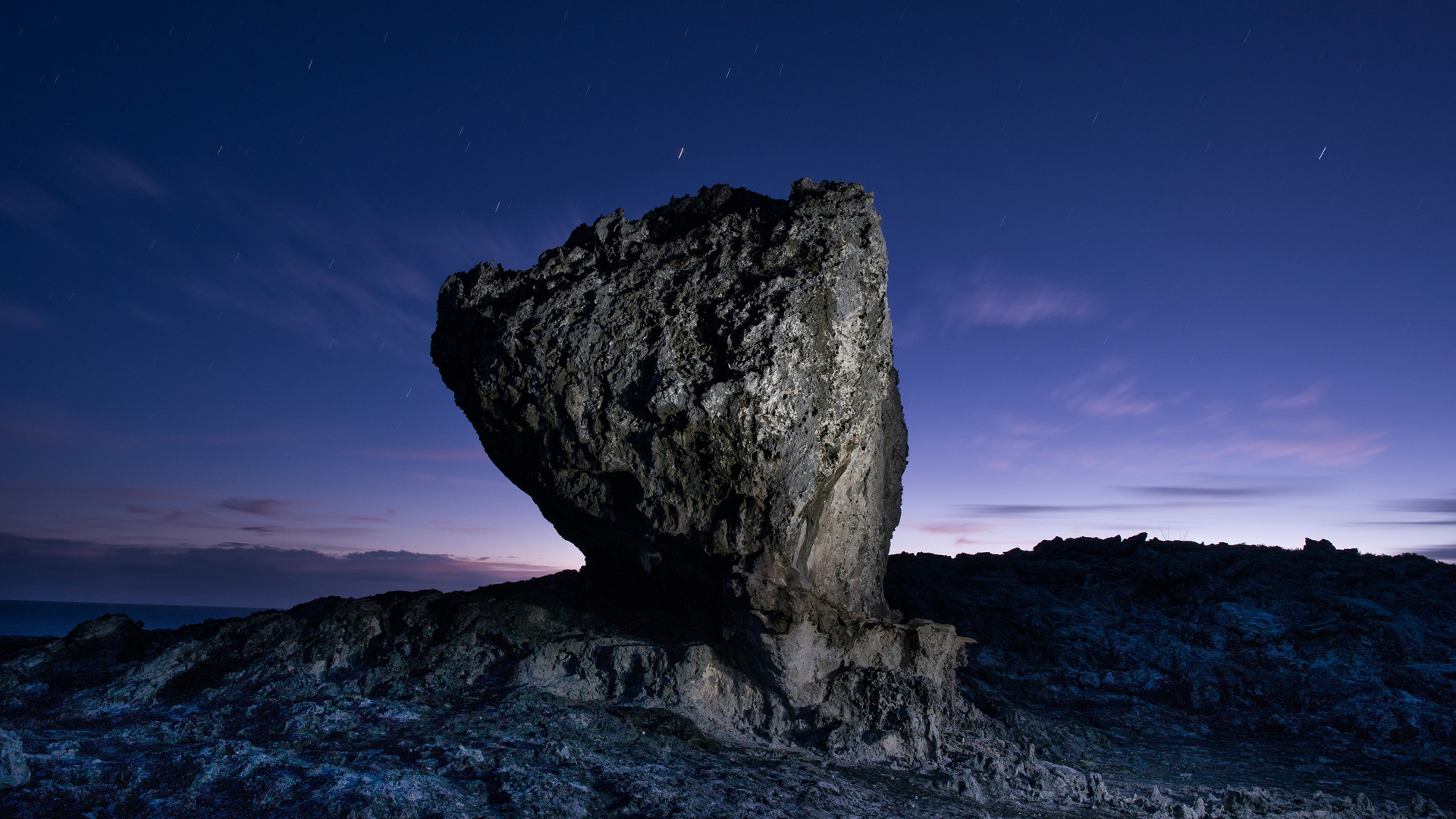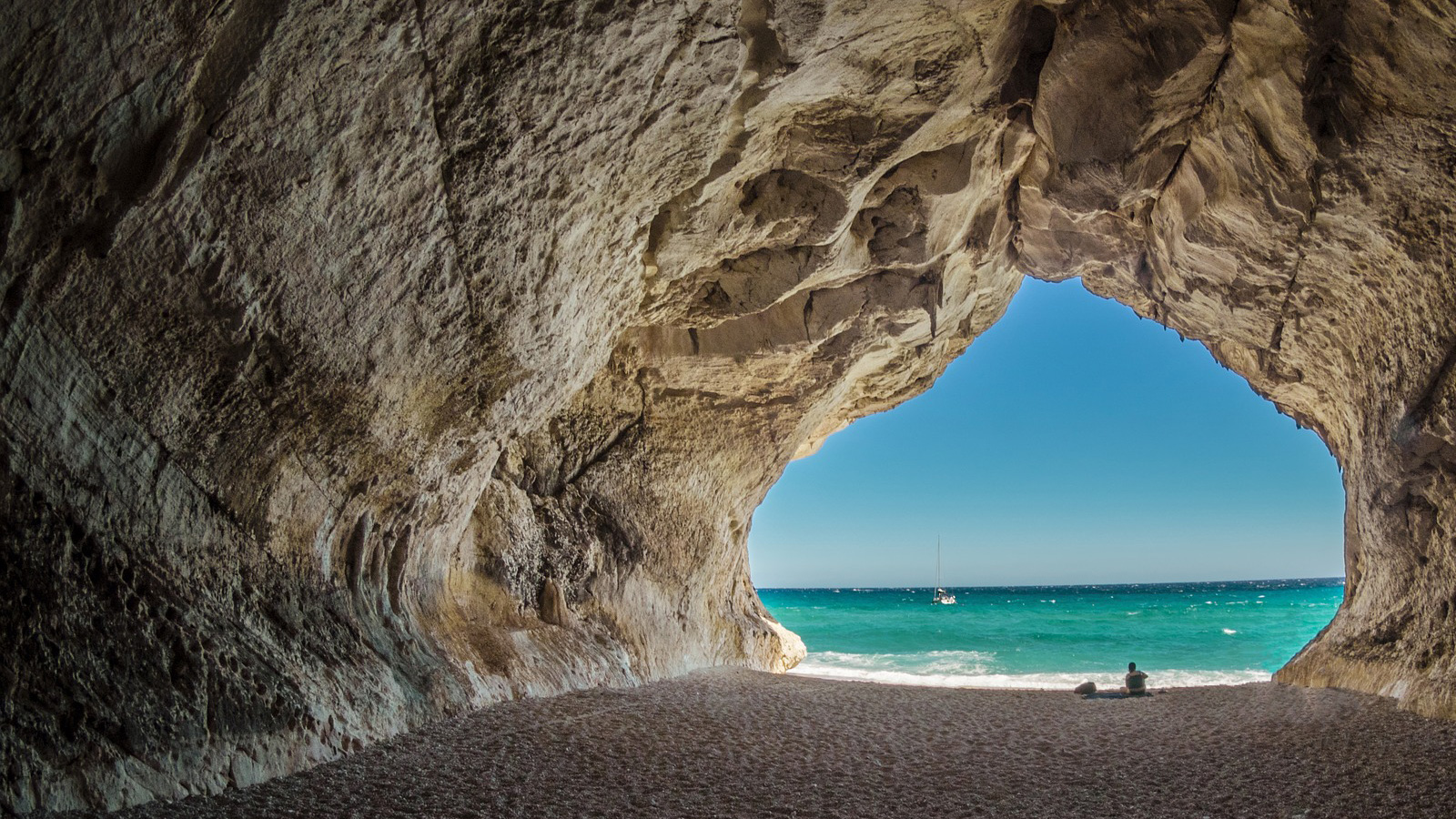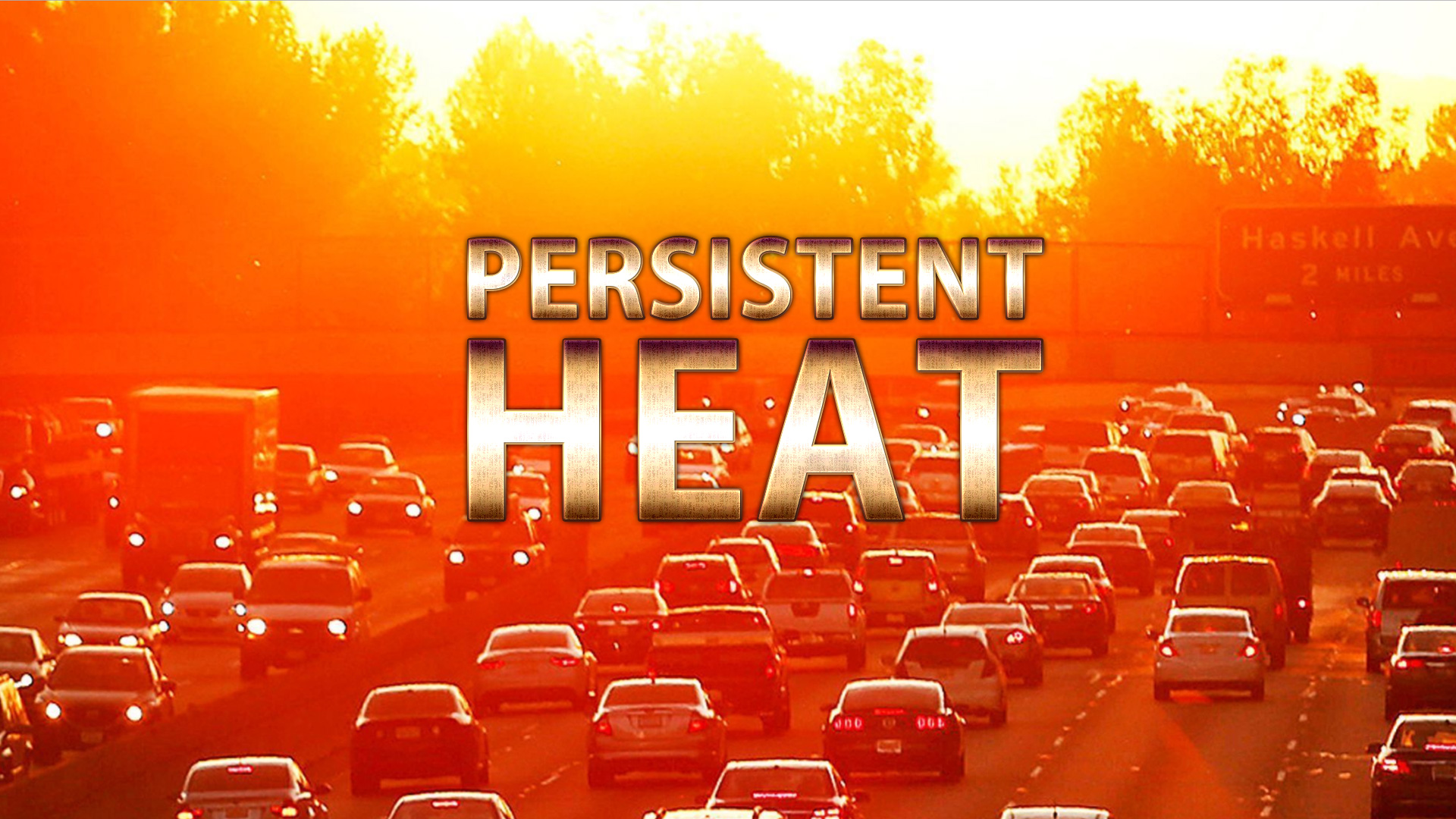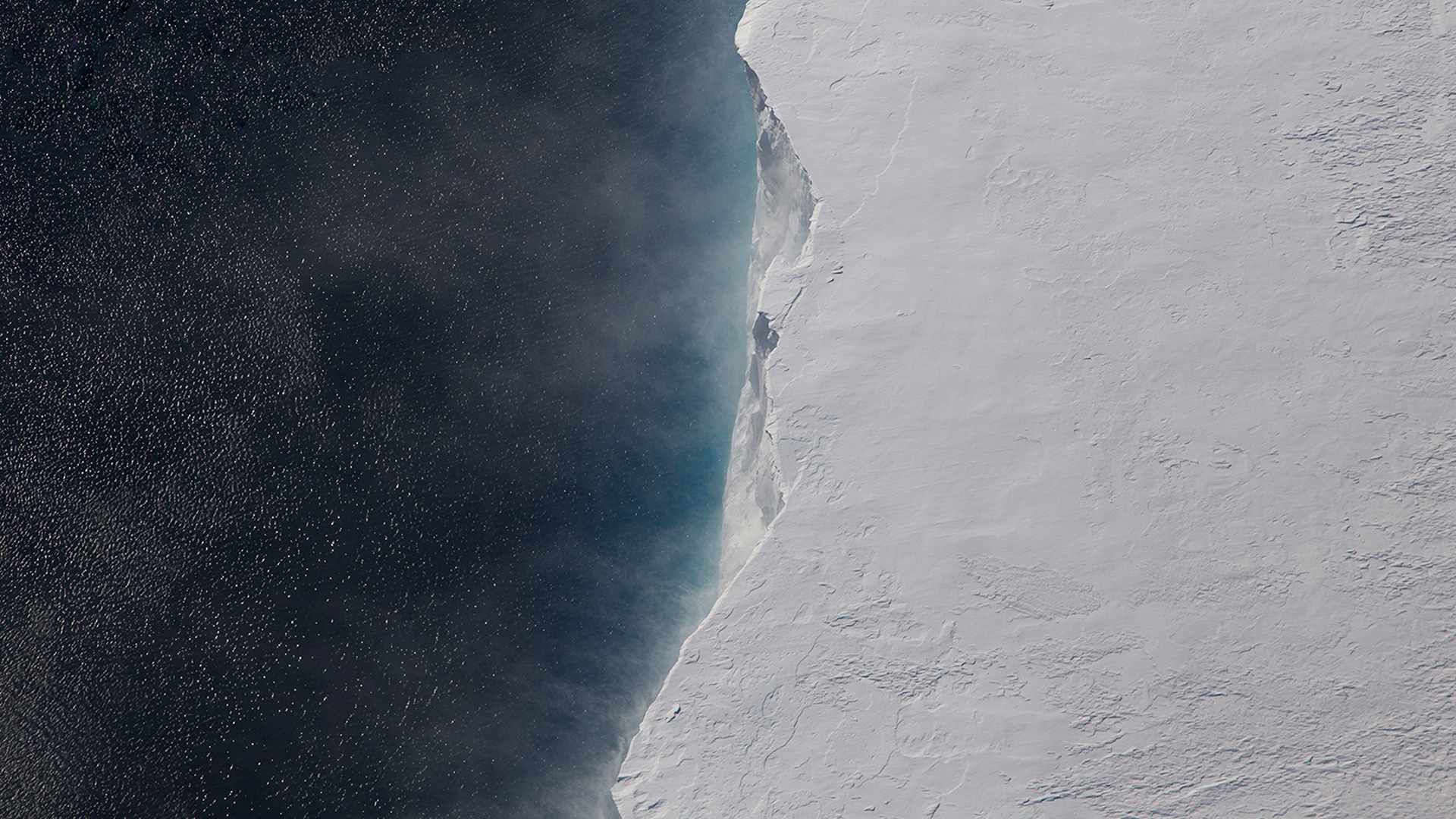https://www.youtube.com/watch?v=YVaSYeDCUVk Climate-change warnings include rising seas and wild weather shifts. […]
Here we go again, after YouTube just last February took […]
No surprise to those who saw this video last year, […]
https://www.youtube.com/watch?v=pXV2nax4JVU Fiji plans to move more than 40 villages to […]
https://www.youtube.com/watch?v=c9KbUPibX40 Australia Record Heat 2017 http://www.climatesignals.org/headlines/events/australia-record-heat-2017 Heatwave health alert issued […]
Rapid collapse of Antarctic glaciers could flood coastal cities by […]







